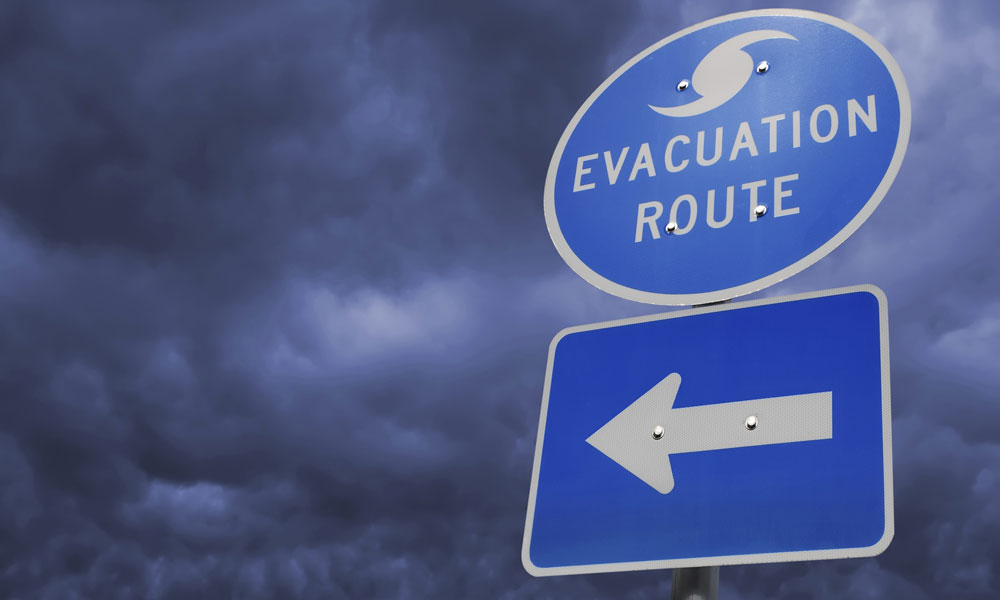
As Hurricane Season Arrives, Associations Offer Preparedness Tips
It’s almost summer, and that means the beginning of hurricane season along the East Coast and Gulf of Mexico. Despite predictions of a slow season, many associations are sharing tips and advice to help the public prepare for potentially destructive storms.
With the start of hurricane season this past weekend, many associations are helping prepare their members and the public to weather any storms the season may bring.
Even though a quieter hurricane season is predicted this year, consumers should still be vigilant in ensuring that they are adequately prepared.
While forecasters have predicted a mild Atlantic hurricane season in 2014, these storms are among the costliest natural disasters in the United States. Hurricane Katrina, for example, caused $67.8 billion in insured losses on homes, business, and automobiles, according to The Wall Street Journal.
To help inform the public on how it can protect against financial fallout from hurricane damage, the American Insurance Association launched Catastrophe Central—an online portal of consumer resources for preparing, recovering, and rebuilding from hurricanes.
“Even though a quieter hurricane season is predicted this year, consumers should still be vigilant in ensuring that they are adequately prepared,” Jim Whittle, AIA assistant general counsel and chief claims counsel, said in a statement. “You never know when disaster will strike. A successful recovery after the storm begins with being prepared before the storm.”Meanwhile, the American Bankers Association recently announced seven hurricane preparedness tips, including assembling an emergency kit with first aid supplies, nonperishable food items, and a battery-powered radio; developing a family communications plan; and protecting important identification and financial documents.
The Boat Owners Association of the United States (BoatUS) offers a free guide for boat owners [PDF] with advice on prepping and protecting boats specifically during hurricane season. The guidelines detail how to protect boats from storm surge, wind, waves, heavy rainfall, and tornadoes. BoatUS also provides guidelines on prepping local marinas for storms.
And last week during National Hurricane Preparedness Week, the International Bottled Water Association encouraged consumers in hurricane-prevalent areas to ensure they have enough clean water on hand should disaster strike and access to tap water runs dry. The recommended allotment, according to IBWA, is at least one gallon per person, per day; it suggests maintaining a three-day supply.
“History teaches that awareness and preparation can reduce the impact of a disaster, such as a hurricane,” Chris Hogan, IBWA vice president of communications, said in a statement. “Families, individuals, and businesses who know their vulnerability and what actions to take in advance can lessen the effects of a hurricane.”
(iStock/Thinkstock)






Comments